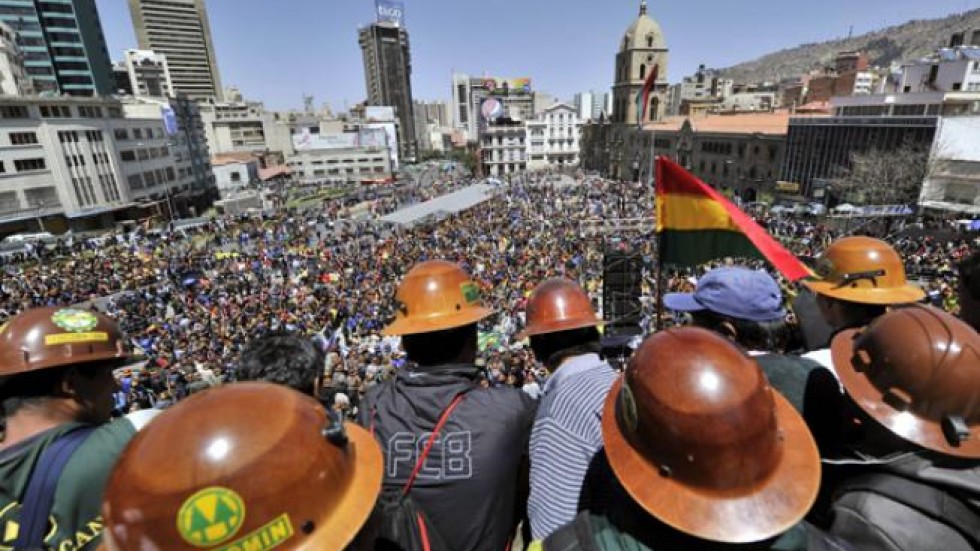 The military theorist Carl von Clausewitz is most famous for his work On War where he introduced the idea that “War is the continuation of Politics by other means.” However, it is in Clausewitz’s definition of the trinity “people, army, and government,” which is being played out each day around the world.
The military theorist Carl von Clausewitz is most famous for his work On War where he introduced the idea that “War is the continuation of Politics by other means.” However, it is in Clausewitz’s definition of the trinity “people, army, and government,” which is being played out each day around the world.
The Arab Spring’s grass roots protest against the old economic order demanding a greater share of power and equitable distribution of resources, was an awaking for populations. It demonstrated to societies around the world that they can unite under a common cause and fight against repressive, authoritarian regimes. Today in Hong Kong people are protesting for democracy—to freely elect their Chief Executive in 2017, who is currently elected by a committee of Beijing loyalists. In the Democratic Republic of Congo, protestors marched against President Joseph Kabila, who is trying to modify the constitution and run for a third term. In Poland 200 mining union representatives blocked shipments of Russian coal, which may further destabilize the region. These examples demonstrate how “people” have become the dominant factor of the trinity and need to be accounted for.
Unfortunately, it is the “people” part of Clausewitz’ trinity that seems to be forgotten by strategists and resource managers. Additionally, too many private sector companies, interested in foreign investment, focus their analysis on the governments, economies, and militaries to measure the security environment and assess country risks. Not much attention is given to the societies within these countries and their impact on stability. Eventually, corporations will need to realize and possibly embrace Clausewitz’ concept and integrate cultural understanding into their traditional geopolitical, economic and key leader engagement strategies to accurately assess their risk and manage their risk portfolios more effectively. Until then, they will continue to be caught by surprise by social conflicts that can adversely affect their operations.

